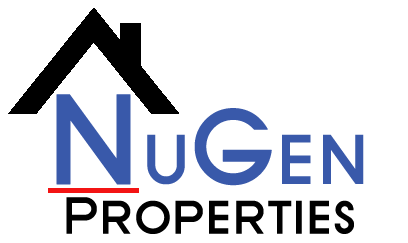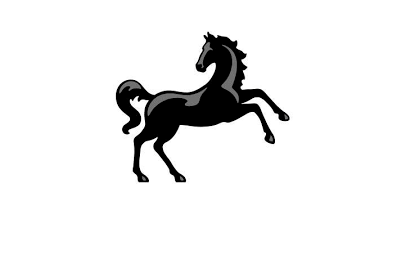Wates’ three-year loan is believed to be the second biggest to date taken out by a UK construction company with sustainability strings attached.
And one of those strings is that it has to do something about its pale male leadership.
Sustainability-linked loans are designed to keep businesses focused on their targets, providing a financial incentives for success. Under the terms, if Wates misses specified environmental and social objectives, the interest rate goes up.
Willmott Dixon took out a £50m sustainability-linked loan in May 2021. In October 2021 converted its £375m revolving credit facility to the largest sustainability linked loan in the UK construction industry to date, extending the maturity to October 2024.
Like Balfour Beatty, Wates’ leading lender is Lloyds Bank. HSBC and AIB also provided equal funding on the Wates deal of £30m each.
The first that Wates must hit is that 35% of its 200 largest suppliers have Science Based Target Initiative (SBTi) approved targets in place by December 2024. This is linked to the company’s Scope 3 emissions. These currently make up around 98% of its greenhouse gas emissions.
Wates’ second KPI is to create nearly £370m of “social value” over the next three years.
Finally, the business must aim for more balanced representation as part of its existing inclusion and diversity strategy by improving the number of women in senior leadership positions. Wates currently has one of the most male – and all white – leadership teams among leading construction contractors. Its group board has 11 people on it – 10 white men (five called Wates) and a white woman (audit committee chair Sue Harris). The executive team is also 90% male and 100% white, with Helen Bunch, managing director of Wates Residential, the only woman at the top table.
Chief financial officer Philip Wainwright said: “We are continually reviewing how we can embed sustainability into what we do and we’re pleased that we have been able to identify and agree on three additional metrics with our lenders that will drive sustainability outcomes and demonstrate our commitment around Scope 3, social value and diversity.
“We already have a close working relationship with Lloyds Banking Group through the Wates Innovation Network and it’s encouraging to not only have the support of three banks, but also to see them being prepared to increase their level of exposure, which is a real vote of confidence in our ability to meet these KPIs.”
Max Jones, relationship director in Lloyds Bank’s construction and infrastructure team, said: “Now’s not the time for firms within the built environment to rest on their laurels when it comes to creating a greener, more welcoming industry. Wates have long been a leader for sustainability in the industry – we’re looking forward to helping them reinforce and build upon that position.”
Got a story? Email [email protected]

